Behind the scenes of "Happiness to Wanjia": The script was changed to five versions, and the director revealed the real reason for choosing Zhao Liying
From setting the file to going LIVE, the night of the premiere of "Happiness to Wanjia", which has been attracting much attention, brought Wang fried to the two satellite TV stations. Beijing Satellite TV’s audience rating reached 3.2132%, directly winning the championship; Oriental Satellite TV’s audience rating was 3.0190%, ranking second. The audience has continued to praise, praising the selection of themes! Zhao Liying is worthy of being the first choice for the heroine!
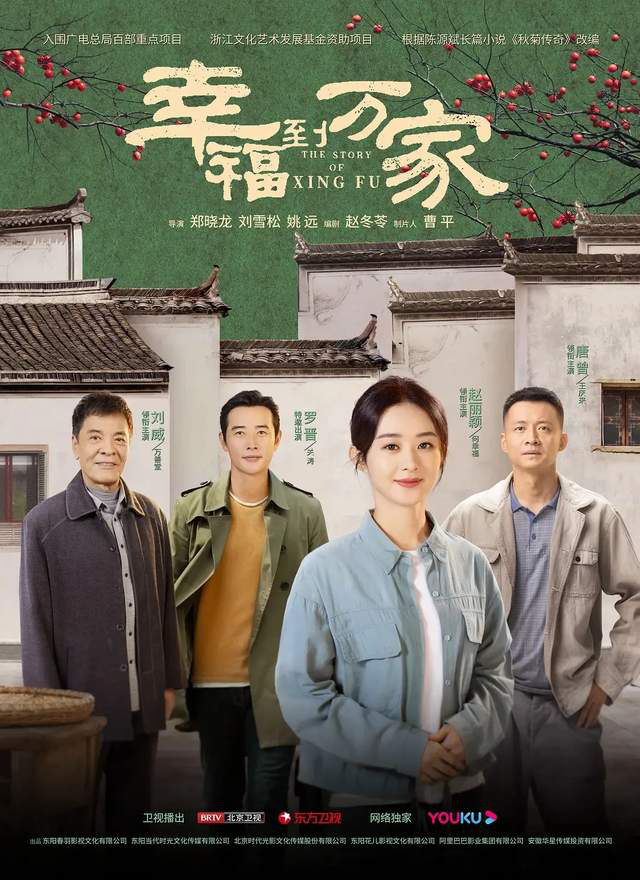
"Happiness to Wanjia" is co-directed by Zheng Xiaolong, Liu Xuesong and Yao Yuan, with Zhao Dongling as the screenwriter and Zhao Liying, Luo Jin and Liu Wei starring.
Adapted from the novel "The Legend of Autumn Chrysanthemum," the play tells the story of a rural girl named He Xingfu who marries to Wanjiazhuang and eventually grows into an independent woman after multiple trials. The play was also selected as a key radio and television support project.
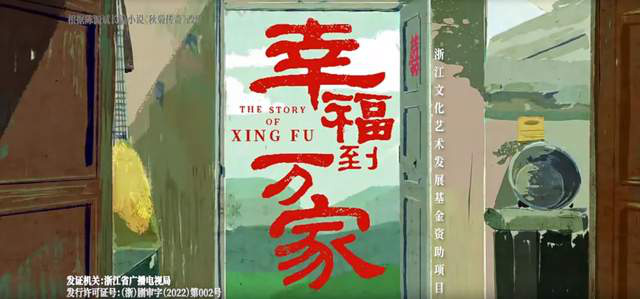
"Happiness" focuses on contemporary rural themes, showcasing the true lives and ordinary stories of ordinary people.
In previous media interviews, Zheng Xiaolong revealed that he chose to shoot this kind of theme because he liked the dignity, personality and zeitgeist of the characters in the story. Therefore, he wanted to use this story to present a TV series that reflects the face of contemporary villages.
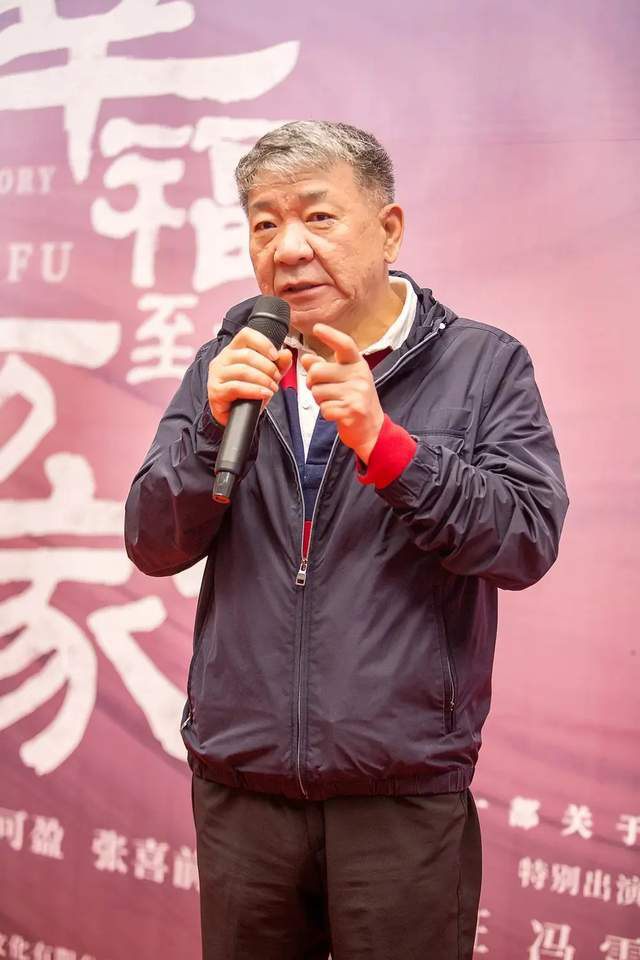
It is reported that when preparing for "Happiness to Wanjia", the screenwriter Zhao Dongling, in order to make the TV series more close to contemporary rural life and avoid completely detached from reality and give people a flashy feeling, adhered to the creative concept of "artistic creation comes from the masses and goes to the masses", personally carried out research at the grassroots level, went to the countryside to see changes and development, and collected story materials of people’s lives. Afterwards, she painstakingly studied various details, striving to reflect the true appearance of rural life.
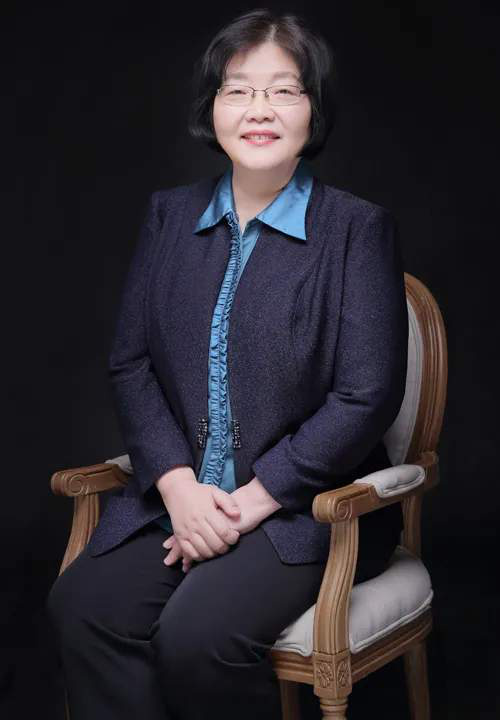
The script of "Happiness to a Thousand Families" has been polished for three or four years and has been revised for at least five editions. Zheng Xiaolong said that a wealthy rural area is also very new to him, so he must work with everyone to make reasonable and correct changes to the script according to the changes of the times, and must restore the truth and make it real.
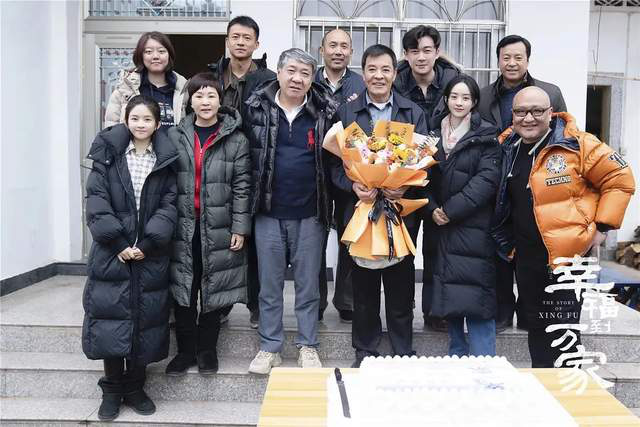
In the casting, Zheng Xiaolong said that his first choice for the heroine is Zhao Liying. He believes that Zhao Liying’s acting is real, there is no trace of carving, and she is not a beautiful actress who simply stays at the performance level, but will have her own thoughts and opinions on the script and characters. Secondly, he said that he was impressed by Zhao Liying’s stubbornness and willingness to work hard to do things seriously. This is why he chose Zhao Liying to play.
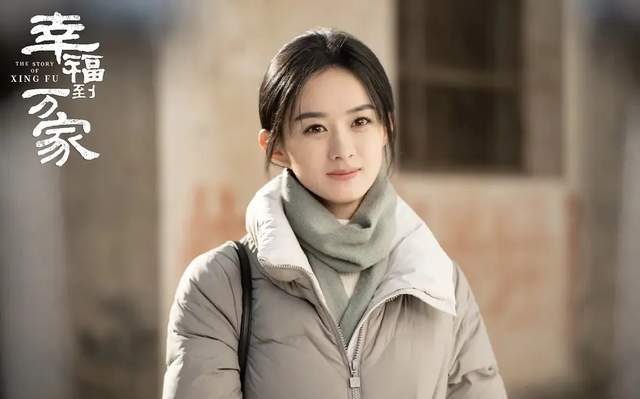
Throughout the entire entertainment industry, Zhao Liying is indeed the most suitable for this role. Her personality and temperament are almost the same as He Xingfu. Because of this, Zhao Liying’s interpretation makes the character "He Xingfu" more realistic.
It had to be said that Zheng Xiaolong’s casting vision was really impressive. Except for Zhao Liying, every actor in the play was very suitable for their role, as if the actor was the character himself. In terms of visual experience, it made the audience feel more immersed.
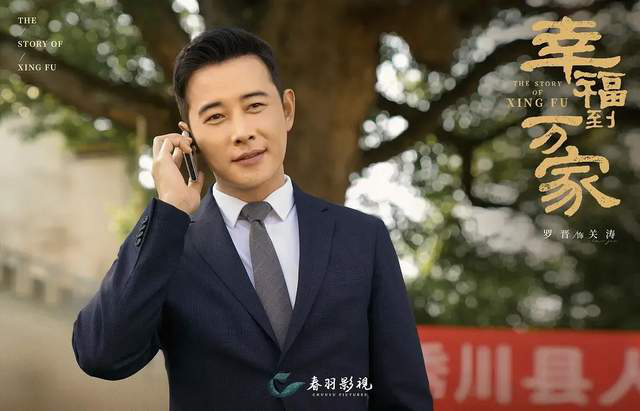
As a rural theme TV drama, the drama’s clothing path very much restore the rural real life appearance.
The first episode opened with cheerful music, and the grand wedding car fleet was magnificent. The wedding banquet was both festive and lively, full of style, as if it was not a family event, but more like a feast for the whole village.
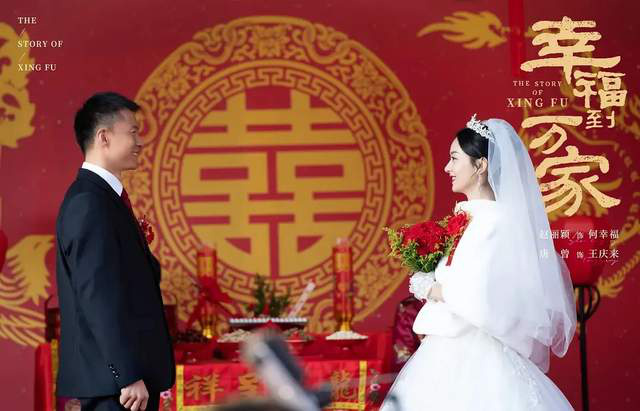
The big pot and the big stove were steaming hot, the big bowl was serving the dishes, the water was passing the dishes, and the food was trotted. The large square table and bench filled the yard, the dishes were piled up all over the table, the variety of home-cooked dishes, and the classic beverage and wine configuration. The bright sun shone brightly, and the guests sat drinking and chatting, brimming with beaming smiles.
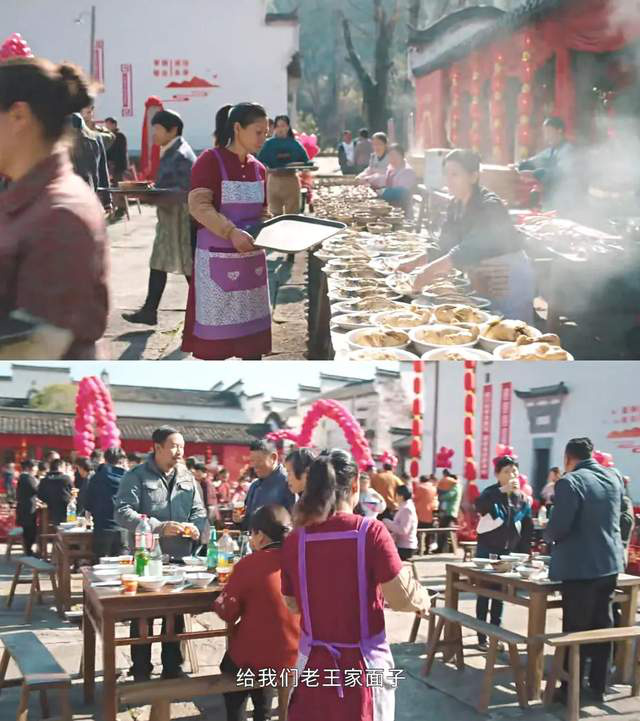
This scene, full of rich fireworks, vividly presents a rural wedding banquet to the audience, making people feel as if they are in it.
In the handling of details, it is even more refined. Whether it is the dishes and chopsticks on the table, drinks, or the clothes and movements of the extras, they are all full of a heavy sense of life and are very close to the reality of the countryside.
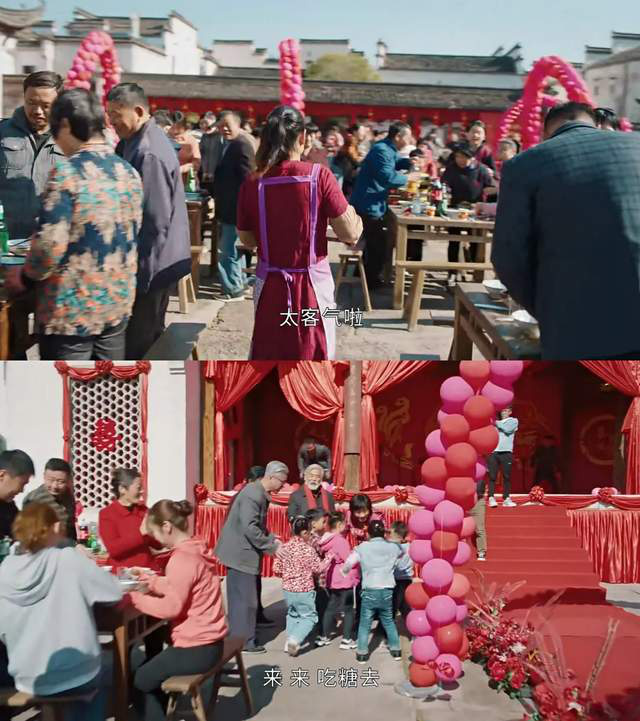
In addition to the attention paid to He Xingfu played by Zhao Liying in the play, the old drama bones playing Wang Qinglai’s parents portray the psychology of the little people in the countryside. The philistines are smooth, rigid and old-fashioned, feudal and backward, weak and ignorant, etc. These personality psychology, with their various small movements and expressions, are interpreted just right and true.
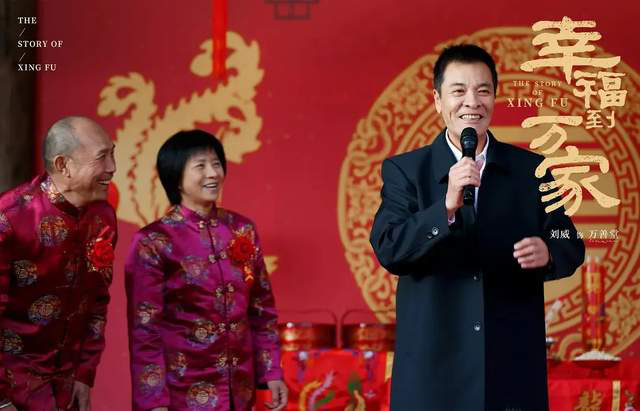
The sharpest contradiction in the first episode was that He Xingfu’s sister was forced to "get married" and was humiliated. This part of the plot made people angry and hated.
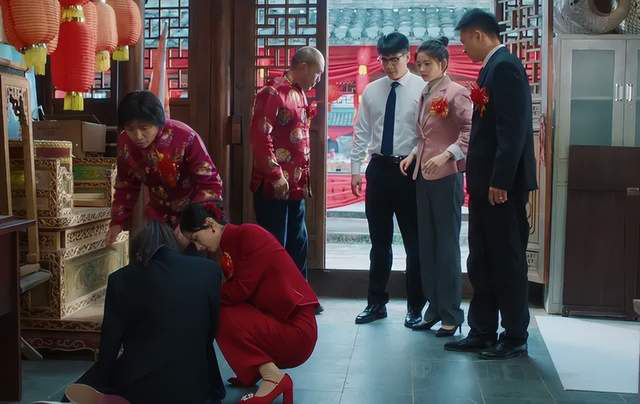
When it comes to "getting married", a feudal bad habit left over has always been criticized by people, but it has been banned repeatedly, like in some rural areas, this backward and evil custom has always been retained.
"Happiness to Wanjia" is a direct and bold criticism of "marriage", poking pain points in society, exposing old-fashioned ideas in rural areas, and making the story more real and down-to-earth.
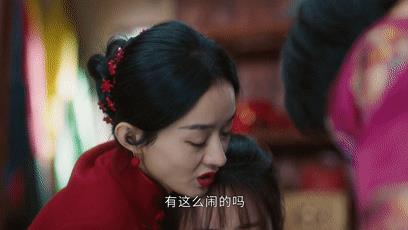
In addition, the portrayal of the group portraits in the play is also very real. Because of why happiness hurt the son of Secretary Wan, Wan Chuan’s family, the guests at the wedding banquet left one after another, without paying attention to the cause and effect of the matter.
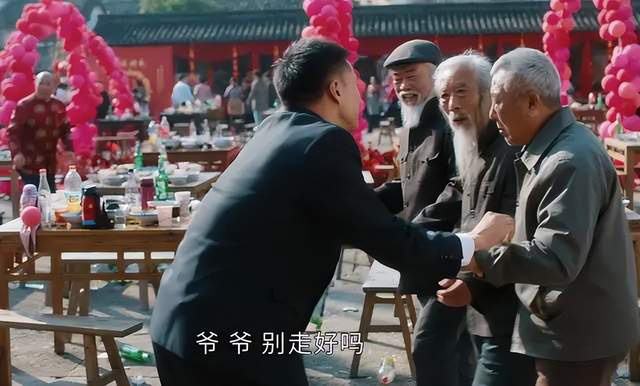
Afterwards, he added fuel to this "scandal" and spread it wildly, so that everyone in the village knew it. Even when they saw the Wang family, they took a detour and gossiped behind their backs. Such a scene completely reproduced the reality of rural life.
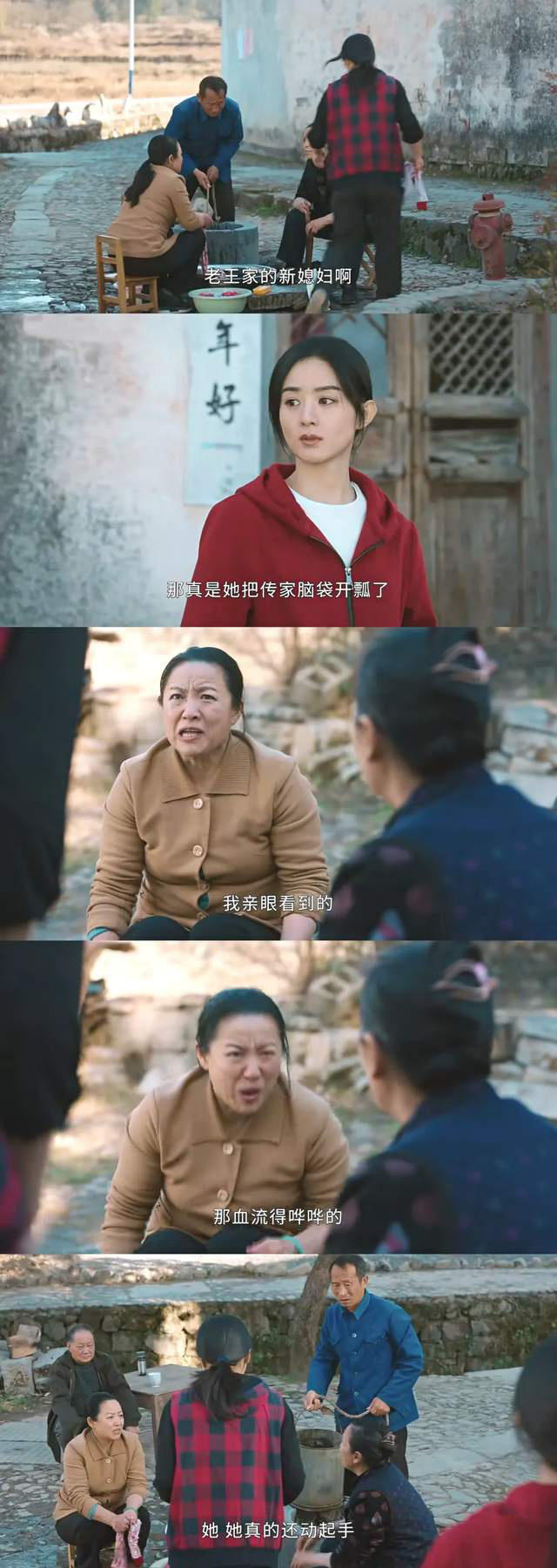
The description of the rural face, the shaping of the characters, and the portrayal of the details of "Happiness to Wanjia" are all in place, and the social significance of its expression is also very profound. It is a solid and durable TV series. The style of the whole drama is plain and simple, and the rhythm is soothing. The shock and deterrence of this atmosphere of daily life is often the most direct and real.